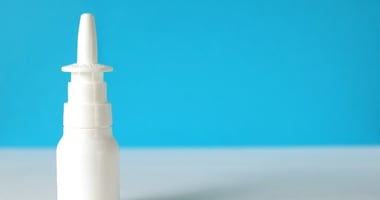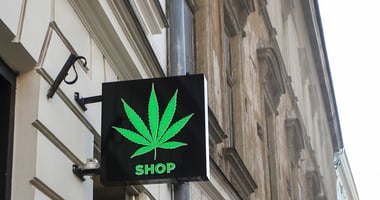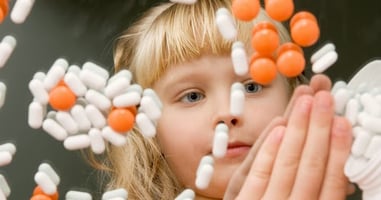A study published today in JAMA Internal Medicine reports that the cannabinoid agonist nabiximols...
Decriminalizing Marijuana Increases Risk Children Will End Up in ER, Study Finds
 |
“We believe that high-dose edible products—such as candies, cookies and chocolates—may have played a significant role in the increased rate of reported exposure chiefly because kids can't distinguish between products that contain marijuana and those that don't," commented George Wang, M.D., the study's lead author and a pediatrician and toxicologist at the Rocky Mountain Poison and Drug Center in Denver.
Wang and colleagues analyzed call rates to U.S. poison-control centers for unintentional pediatric cannabis exposure from 2005 to 2011 among states with decriminalizing marijuana laws and states where the substance remained illegal. Data showed that call volume for pediatric cannabis exposure increased by more than 30% annually in states with marijuana-legalization laws, while rates in states without such laws did not change. In addition, more pediatric marijuana exposure cases in decriminalizing states required medical evaluation and critical care admission, mainly for neurological effects, than those in other states. The median age for children exposed ranged from 18 months to 2 years.
“Pediatricians, toxicologists, and emergency physicians need to be willing to advocate for the safety of children to lawmakers as this burgeoning industry expands across the U.S.," said Wang. "As more states decriminalize marijuana, lawmakers should consider requirements—such as child-resistant packaging, warning labels, and public education—to reduce the likelihood of ingestion by young children.”
To read more about marijuana and illicit drug exposure in children and adolescents, see the Psychiatric News articles, “AMA Urges Public Health Approach to Cannabis and Other Illicit Drug Use” and "Medication Coupled With Rewards Found to Reduce Cannabis Use."
(Image: JeremyNathan/shutterstock.com)





